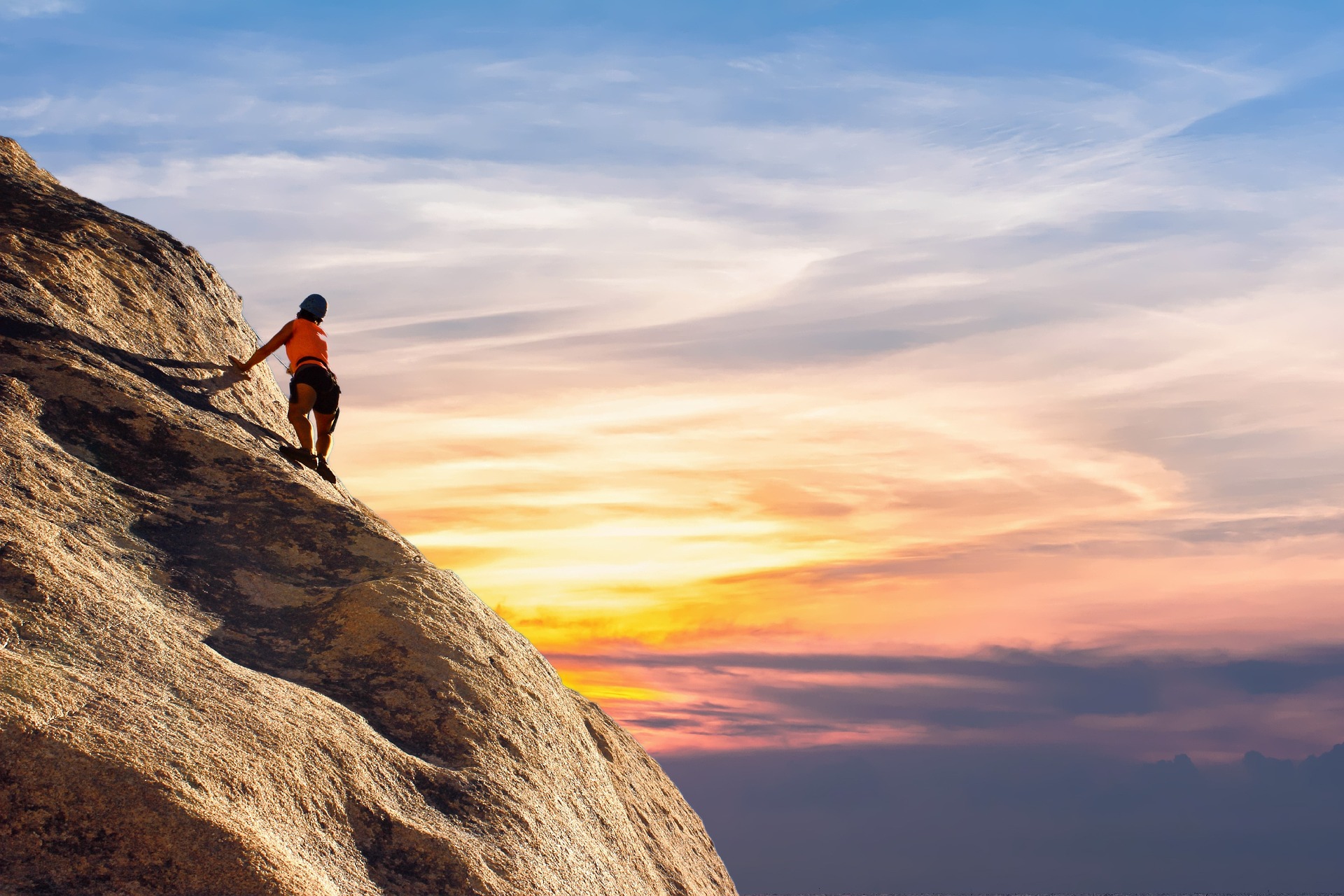
Mountaineering is not only a physical challenge but also a significant mental one. The psychological aspects of climbing can greatly influence a climber’s performance and overall experience. This article delves into the mental challenges faced by climbers and offers insights into how to build resilience and focus on the mountain.
1. Overcoming Fear: Fear is a natural response to the risks associated with climbing. Whether it’s the fear of heights, falling, or the unknown, managing these fears is essential for success. Climbers can practice techniques such as visualization and breathing exercises to help calm their minds. By visualizing successful climbs and focusing on positive outcomes, climbers can reduce anxiety and build confidence.
2. Setting Goals: Goal-setting is a powerful tool for climbers. Establishing clear, achievable goals helps maintain motivation and focus during training and climbs. Whether it’s reaching a specific summit or improving technical skills, having a goal provides direction and purpose. Break larger goals into smaller, manageable steps to track progress and celebrate achievements along the way.
3. Embracing the Process: Climbing is as much about the journey as it is about reaching the summit. Embracing the process allows climbers to enjoy the experience, learn from challenges, and appreciate the beauty of the mountains. Mindfulness techniques, such as being present in the moment and savoring the surroundings, can enhance the overall climbing experience. By focusing on the process rather than solely the outcome, climbers can reduce stress and enhance enjoyment.
4. Building Mental Resilience: Mental resilience is the ability to bounce back from setbacks and maintain a positive attitude in the face of challenges. Climbers often encounter unexpected obstacles, such as bad weather or physical exhaustion. Developing resilience involves cultivating a growth mindset, where challenges are viewed as opportunities for learning and improvement. Reflecting on past climbs and acknowledging how challenges were overcome can strengthen mental resilience for future endeavors.
5. The Power of Visualization: Visualization is a technique used by many athletes, including climbers, to enhance performance. By mentally rehearsing climbs, climbers can prepare themselves for various scenarios, improving their confidence and decision-making skills. Spend time visualizing each step of the climb, from the approach to the summit, imagining how it feels to overcome challenges and achieve goals.
Conclusion: The mental aspects of climbing play a crucial role in a climber’s success and enjoyment. By addressing fears, setting goals, embracing the journey, building resilience, and utilizing visualization techniques, climbers can enhance their mental strength and focus. Ultimately, the psychological challenges of mountaineering can lead to profound personal growth and a deeper appreciation for the sport.

